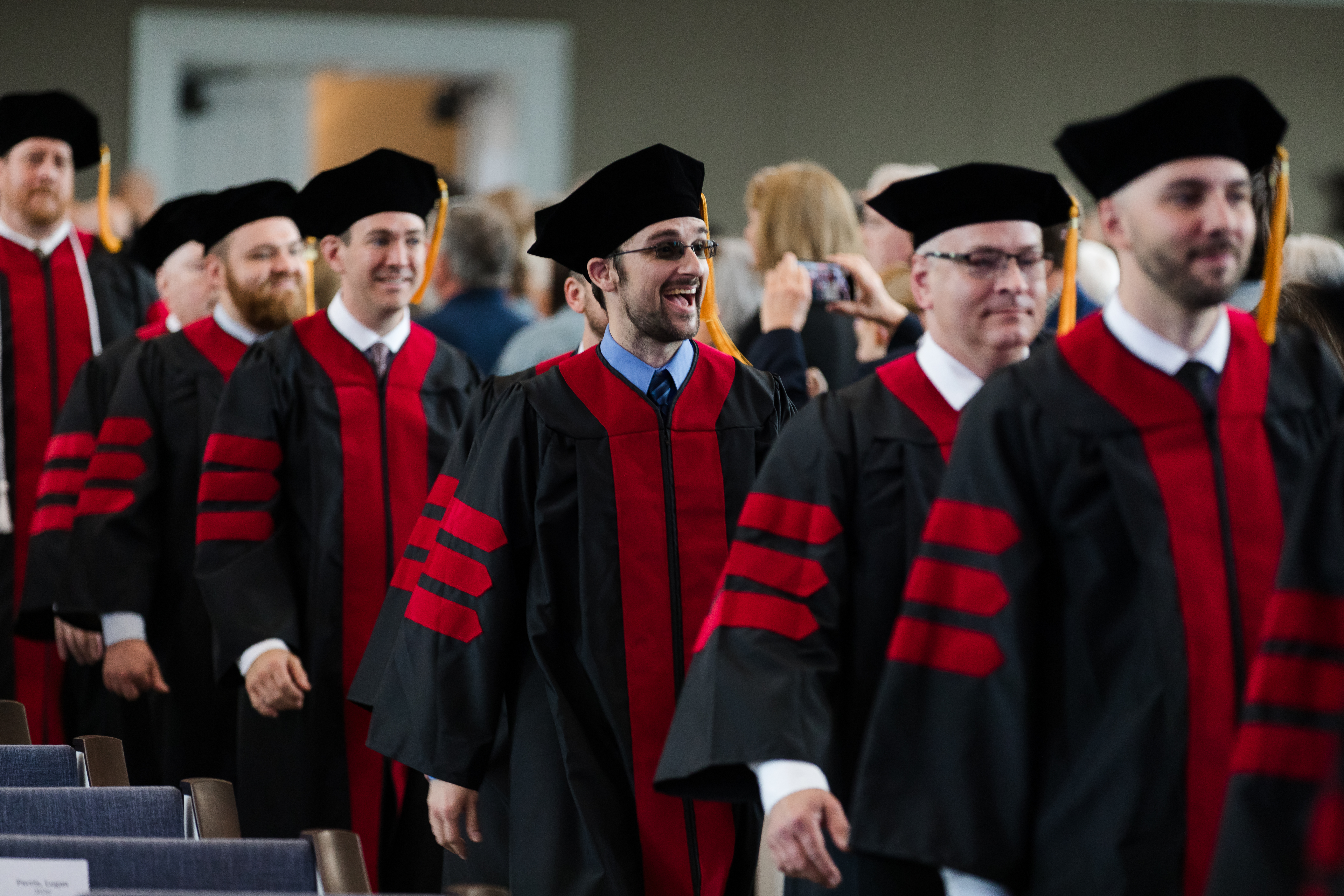Scripture teaches that work is not the result of humanity’s sinfulness but is part of God’s good, divine design for His creation. The fall affected the spiritual and the material aspects of human existence. In a basic sense, sin is a denial that we are made in the image of God. Ironically, such a denial can lead us to attempt to remake God in our own image. When we sin, we proclaim ourselves to be gods; we deny our divine dependence; and we try to abdicate all that image-bearing entails—oftentimes including our duty and privilege to work. This situation is further complicated in that, on account of our sin, the physical environment is now cursed. Sin and the curse not only make us less inclined to work, but also they make work more difficult. One result of the fall, then, is a radical distortion of work.
In the cursed world in which we live, work oftentimes becomes toil. Furthermore, sin results in us grappling with a tendency to be lazy. Knowing this inclination, the author of Proverbs 6:10–11 warns, “A little sleep, a little slumber, a little folding of the hands to sleep—so shall your poverty come on you like a prowler, and your need like an armed man.” (see Prov. 20:13; 24:30–34). At other times we struggle with overworking, which we can understand as a temptation to place our security in our own labor and accumulated resources rather than in God. Again, Proverbs admonishes us, “Do not overwork to be rich; because of your own understanding, cease!” (Prov. 23:4). Other common distortions of work include the temptation to misrepresent our own work and to take credit for the work of others.
The book of Proverbs, which is arguably the most practical of all biblical books, has much to say about work and labor. In light of the above citations from Proverbs, it is clear that mankind must work, even in his fallen estate. However, we must be aware of the curse upon the created order and avoid errors relating to work, which—as was noted above—include both underworking and overworking. The Bible teaches that our work is to be creative and productive, but it cannot become idolatrous. As image bearers of God, we ought not to be surprised by biblical mandates related to work, for God is the Creator and thus God is a worker. In surveying the scriptural teachings on work in the book of Proverbs, we can place the biblical material into one of two broad categories: passages related to work and wealth, and passages related to laziness and poverty.






Comments and Pingbacks
2020-07-08 21:41:25
Around the Horn (July 9) | Prince on Preaching
[…] From Overwork to Laziness: What Proverbs Tells us about Work […]